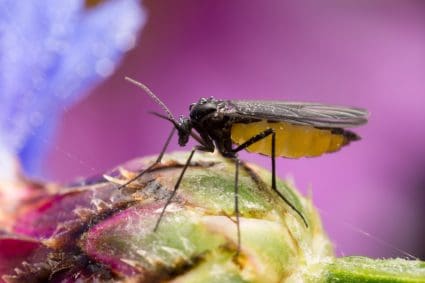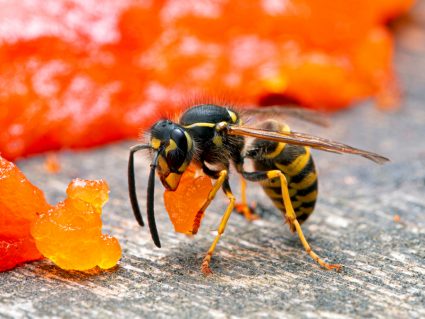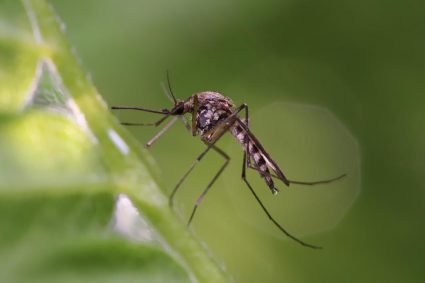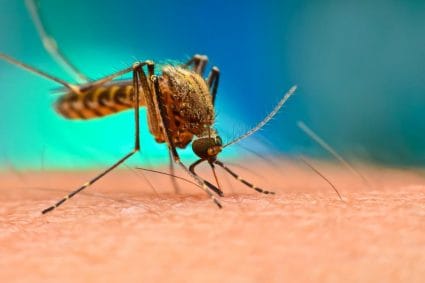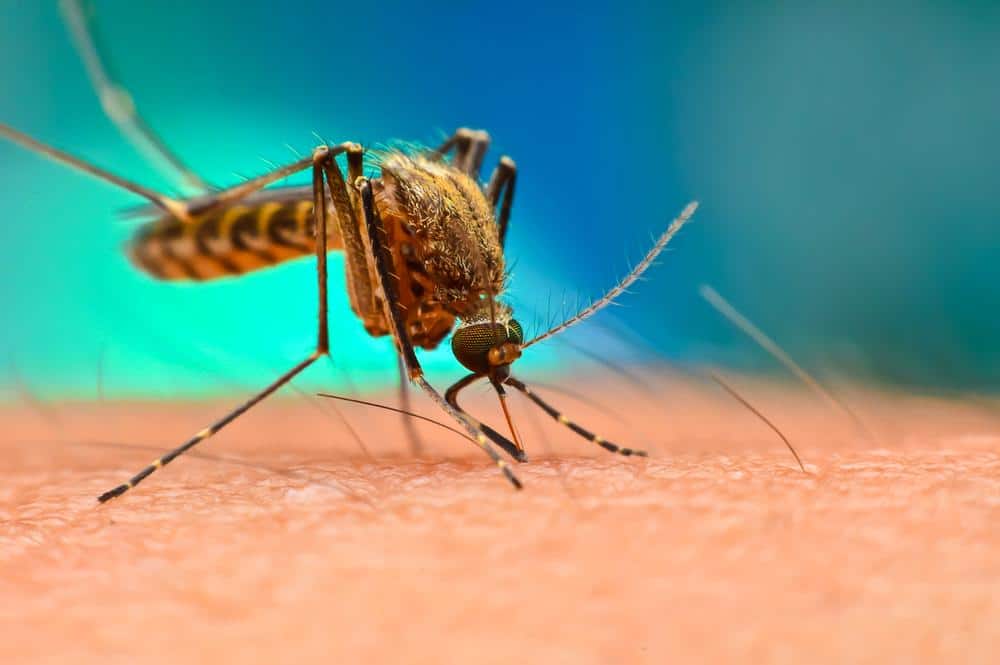
As we transition to warmer months, the buzzing sound of mosquitoes becomes an all too familiar annoyance. These pesky insects are not just a nuisance; they also pose health risks as they can transmit diseases like Zika, West Nile virus, and malaria. While there are many chemical-based mosquito repellents available in the market, an eco-friendly and aesthetically pleasing way to keep these insects at bay is by using indoor plants. In this article, we delve deep into the world of indoor plants that repel mosquitoes.
Some indoor plants that repel mosquitoes include Basil, Lavender, Marigold, Geraniums, Citronella, Catnip, Lemon Balm, Peppermint, Eucalyptus, Citronella Grass, and Pennyroyal. These plants contain essential oils and chemical compounds that deter mosquitoes. However, for best results, these should be used in combination with other mosquito control methods.
The Science Behind Mosquito-Repelling Plants
The secret to mosquito-repelling plants lies in the essential oils and chemical compounds they contain. Certain plants like marigolds, catnip, and chrysanthemums contain phytochemicals that prevent insects, including mosquitoes, from feeding on them. Oils from some plants are often used in bug sprays, but these products may not be as effective as synthetic repellents.
Top Indoor Plants That Repel Mosquitoes
Here are some common indoor plants known to deter mosquitoes:
- Basil: Not only a staple in your kitchen but also a natural mosquito repellent. Its strong scent keeps mosquitoes away.
- Lavender: Apart from its soothing fragrance, it repels mosquitoes, moths, and other insects.
- Marigold: Contains Pyrethrum, a compound used in many insect repellents.
- Geraniums: Especially the lemon-scented variety, are good at keeping mosquitoes away.
- Citronella: Known to be one of the most commonly used ingredients in insect repellents.
- Catnip: A member of the mint family, it can be ten times more effective than DEET, a common ingredient in bug repellents.
- Lemon Balm: Also known as horsemint, it repels mosquitoes but attracts pollinators like bees and butterflies.
- Peppermint: Apart from its pleasant smell, it also repels mosquitoes and can kill mosquito larvae.
- Eucalyptus: Its strong scent keeps mosquitoes and other bugs at bay.
- Citronella Grass: The oil derived from this plant is used in mosquito repellents.
- Pennyroyal: Effective at repelling mosquitoes and other pests.
How To Care For These Plants
To maintain the mosquito-repelling properties of these plants, you need to ensure their proper care and growth conditions. Most of these plants prefer well-drained soil and full sun to partial shade. Watering requirements vary, but most prefer the soil to dry out between watering.
Combining Plants with Other Mosquito Control Methods
While these plants can help deter mosquitoes, they may not be a fool-proof solution on their own. It’s essential to combine their use with other mosquito control methods for the best results. Good mosquito control practices include preventing water from collecting and becoming stagnant, using insect repellents, wearing long sleeves and pants, and using mosquito traps.
Where To Buy These Plants
These plants can be purchased from various online stores such as The Sill, Lively Root, Nature Hills Nursery, Bloomscape, and Proven Winners Direct.
Best Indoor Plants For Air Purification
Apart from repelling mosquitoes, some indoor plants can also purify the air. These include Peace Lily, Aloe Vera, Dracaena, Spider Plant, Boston Fern, Chrysanthemums, English Ivy, Rubber Tree, Snake Plant, and Gerbera Daisy.
In conclusion, while indoor plants can help repel mosquitoes, they may not completely eliminate them. For the best results, consider using a combination of these plants and other mosquito control methods. Remember, prevention is better than cure, especially when it comes to health risks posed by mosquitoes.
Frequently Asked Questions
How often should I water these mosquito-repelling plants?
The watering schedule for these plants may vary depending on the specific plant and its needs. However, a general rule of thumb is to let the soil dry out between watering. Overwatering can lead to root rot and other diseases.
Can these plants be harmful to my pets?
Some of these plants, such as Lavender, Pennyroyal, and certain types of Geraniums, can be toxic to pets if ingested. Always research the specific plants and their potential effects on pets before bringing them into your home.
Can these plants grow in any type of soil?
Most of these plants prefer well-drained soil. It’s best to research the specific soil requirements for each plant to ensure their healthy growth.
Can these plants repel other types of insects?
Yes, many of these plants can repel other types of insects as well. For example, Lavender can deter moths, and Basil can repel flies.
Where can I buy the essential oils of these plants?
Essential oils derived from these plants can be bought from health stores, supermarkets, or online retailers such as Amazon and iHerb.
Do these plants need direct sunlight?
Most of these plants prefer a good amount of sunlight. However, they can also tolerate partial shade. It’s best to check the specific light requirements for each plant.



